Istanbul Mayor Ekrem Imamoğlu, for now, has escaped arrest in a case where he is accused of collaborating with the PKK terrorist group and entities linked to it. The case primarily focuses on how he and other suspects in the case, which included another mayor, facilitated sympathizers of the group to grab municipal jobs.
As it sought the arrest of Imamoğlu in a terror investigation, the Chief Prosecutor’s Office in Istanbul told the court in a statement that the mayor and others had ties to the PKK. The statement says that the suspects are accused of infiltrating local municipalities to advance the terrorist group’s agenda under the guise of “democratic autonomy.”
The investigation focuses on seven individuals, including Imamoğlu, Istanbul Metropolitan Municipality (IBB) Deputy Secretary-General Mahir Polat and Şişli District Mayor Resul Emrah Şahan.
Prosecutors allege that the suspects were strategically placed in key positions within Istanbul’s district municipalities to execute the PKK’s “urban consensus” strategy, aimed at increasing the terrorist group’s influence in metropolitan areas. “Urban consensus” is also the name of a campaign to discreetly support CHP candidates in constituencies where a party linked to the PKK had little chance of winning in the municipal elections. In return, the CHP reportedly nominated PKK-linked names as municipal assembly candidates and in some cases, as mayors. The suspects allegedly operated within the HDK, described as a so-called legitimate front organization for the PKK. The HDK is accused of serving as a political umbrella for the terrorist group, with hierarchical ties to the KCK/TM, the so-called “executive body” of the PKK in Türkiye.
According to the prosecutor’s findings, the suspects were instructed by senior PKK leaders to implement the “democratic autonomy” plan by securing critical roles in local governments. This strategy aimed to embed HDK members in metropolitan municipalities, including Istanbul, to strengthen the terrorist group’s political and operational reach.
Prosecutors highlight that several suspects, including deputy mayors from the Ataşehir and Kartal districts, as well as eight IBB council members, were identified as HDK members and subsequently detained. Additionally, eight other council members were arrested for their alleged connections to the terrorist group, independent of HDK affiliations.
One notable case mentioned by prosecutors involves Elif Gül, a municipal council member for Istanbul’s Sancaktepe district, who was arrested in connection with the investigation. Gül is accused of handing over her daughter to the PKK, with evidence suggesting her involvement in the terrorist group’s activities in rural areas. Photographs allegedly show her with other PKK members in the Qandil region, known as the hideout of PKK leadership in northern Iraq.
The document also references Ahmet Özer, the former mayor of Esenyurt, who was removed from office and arrested on charges of being a PKK member last year.
Prosecutors say that senior PKK leaders, including Duran Kalkan, issued directives to place HDK members in key municipal positions ahead of the 2024 local elections. This effort was allegedly aimed at supporting the terrorist group’s financial structure and expanding its operational capabilities. They say that suspects, including Imamoğlu, knowingly participated in this strategy by facilitating the placement of PKK affiliates in municipal roles. It claims that Imamoğlu approved lists of council members for the local elections, ensuring that individuals with ties to the terrorist group were included.
The investigation also uncovered financial irregularities and communication links between the suspects and known PKK members. For instance, Mehmet Ali Çalışkan, a director at the Reform Institute and a suspect in the case, reportedly experienced unexplained increases in his financial profile. During questioning, Çalışkan refused to address these discrepancies, invoking his right to remain silent.
Additionally, prosecutors said that Imamoğlu, Şahan, Polat and Çalışkan engaged in numerous communications with individuals with criminal records related to terrorism. Between Jan. 1, 2018, and Feb. 26, 2025, Imamoğlu allegedly communicated with 138 individuals linked to terror offenses, while Şahan, Polat and Çalışkan had 90, 116 and 38 such contacts, respectively.
They also refer to a call by Azad Barış, a fugitive suspect and alleged PKK operative, urging voters to support Imamoğlu in the 2024 local elections. Barış, who reportedly served as the general director of the Spectrum House think tank, is accused of playing a key role in the “Urban Consensus” strategy. Materials seized from Spectrum House included maps of a so-called “Kurdistan” encompassing Turkish territory and documents outlining the PKK’s political strategies.
The prosecutor’s office has requested the arrest of the suspects on charges of “aiding an armed terrorist group.”
















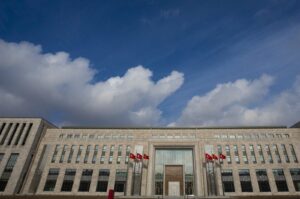

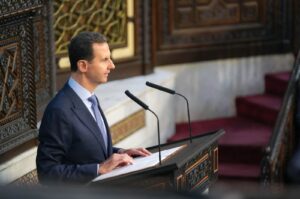
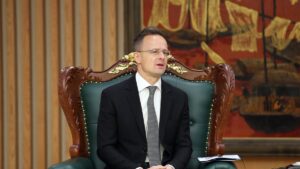
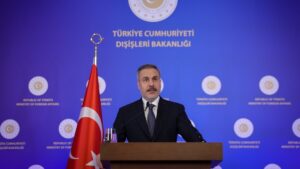
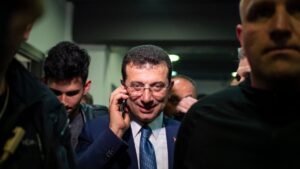
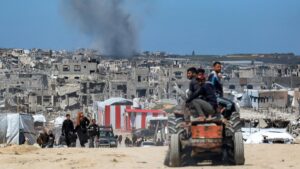

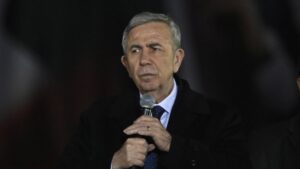

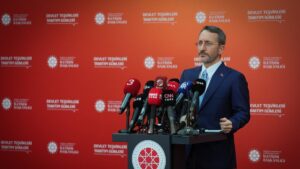





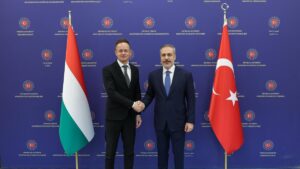
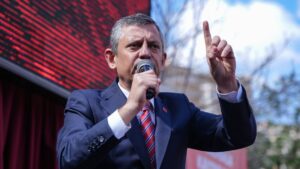
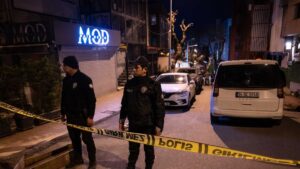

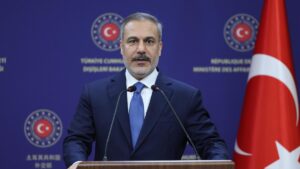
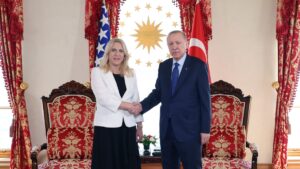
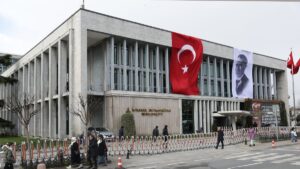

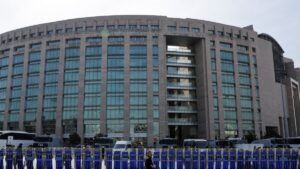
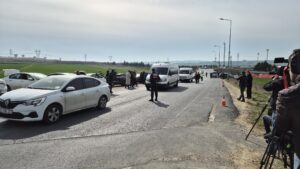



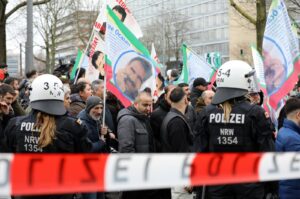



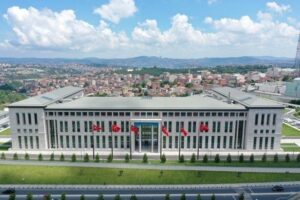
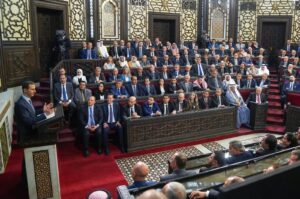
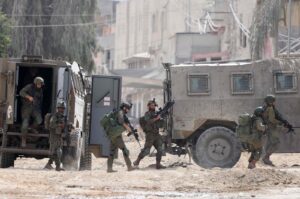
Be First to Comment